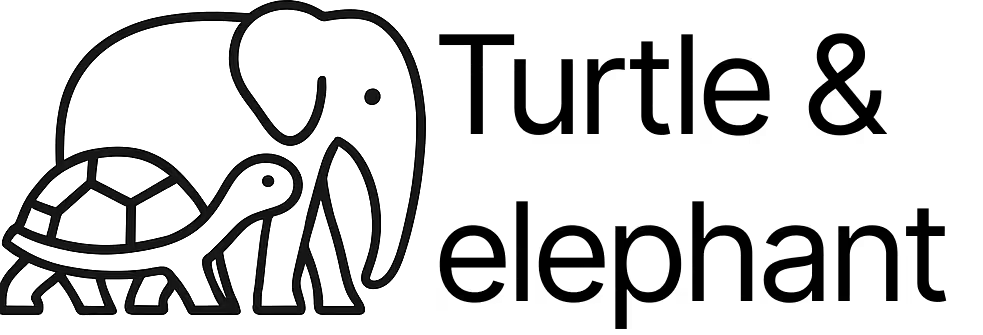Subjects that build futures
We don’t just teach topics.
We build skills in writing and critical thinking that last beyond exams.
Our students build critical thinking, communication, and confidence - skills that support success in study, work, and life.




Our Philosophy
Why 2 hours each week is the sweet spot
We build durable academic and life skills through high-trust relationships and steady progression, helping students grow into adults ready to navigate AI, social media, and a changing climate.
Reinforce, then build: The first weekly session reinforces last week’s learning; the second builds the next skill. That rhythm compounds.
Faster progress, lower cost: Two hours/week ≈ 3 months to reach the same outcome that can take 8–9 months at one hour/week.
Clear finish line: We set goals up front and track progress every 2–4 weeks, so you know when you’re ready to stand on your own two feet.
All About the Writing
Our Core: Writing, Thinking, Understanding the World
3-Month Writing Cohort – Build clarity, confidence, and structure in your writing. Small groups (2–3 students), personalised feedback, and real progress you can see.
6-Month Writing Cohort – A longer pathway that develops deeper critical thinking and writing habits, where students learn to identify strong writing and structure, catch their own mistakes, and refine essays and research projects with increasing independence.




.png)
What We Teach
Writing. Thinking. Learning to see the world more clearly.
Australia Subjects
● English (language & literature)
● Writing (core service across all subjects)
● History
● Geography
● Economics (up to Year 12)
● Politics & International Relations
● Social Work & International Development
● Legal Studies (Years 11& 12)
● Philosophy
● Maths (up to year 10)
UK Subjects
● English (language & literature)
● Writing (core service across all subjects)
● History
● Geography
● Economics (up to A Levels)
● Politics & International Relations
● Social Work & International Development
● Philosophy
● Maths (up to GCSEs)
● Civics Studies
.png)
Focused on the individual
Every student gets a tailored programme
Supporting learners with diverse ways of thinking, learning, and achieving - our plans fit the student, not the other way around.
1:1 or micro-group sessions (2–3 max)
Customised learning paths by curriculum, interests and goals
Experience working with students with learning disabilities such as dyslexia, dyscalculia and dysgraphia
Personalised support shaped to each student, in ways most classroom teachers wish they had the time and resources to provide and university lecturers
Built to Support You
A step-by-step structure designed for clarity
Simple onboarding, clear expectations, and a collaborative support system.
Step 1
Introduction Call to understand needs
Step 2
Personalised tutor match & plan
Step 3
Weekly sessions on the platform that works best for you - Google Meet, Zoom, or Microsoft Teams.
Step 4
We keep everyone aligned through feedback sessions with the student, parent, and teacher, held monthly (and more often when needed).
Still Have Questions?
